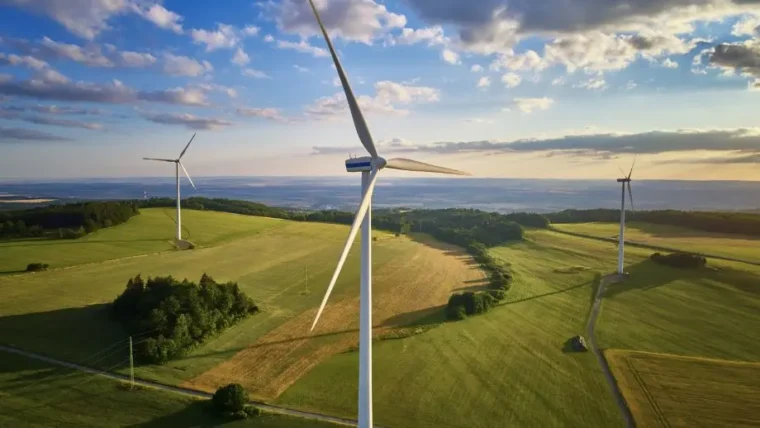Why do companies promote the environment?
24 August 2016

Have you noticed all the different ways that businesses mention the environment? Just yesterday, I noticed a sign at the gym read “please switch off your car engines when waiting to protect the environment”. Or when I stay in a hotel, I have the option to reuse my towels to save water and protect the environment. But what do these messages mean and why do companies use them? This blog will take a look.
As a business, promoting your environmental initiatives can help your customers to support you in their implementation. Like with the hotel example above, giving people the option of whether or not to have their towels replaced daily can significantly reduce the amount of laundry that is required without impacting on the level of customer service. This will save water, energy and, ultimately will lead to cost savings.
Promoting sustainable options also allows your customers to make an informed choice. For example, customers can decide to buy an ‘eco’ or ‘environmentally friendly’ product over other options. This can be for anything from cars to washing up powder to light bulbs. Many people buy these products because they want to feel they are doing the right thing and public awareness surrounding the issue has increased, even if they are more expensive than the alternative. Sharing appropriate information with customers can also help this along, for example, letting people know about the longer term savings on energy bulbs if you buy a more efficient (and slightly more expensive) alternative.
But don’t worry that companies are labelling their products as sustainable, even when they’re not in a bid to increase their prices. There are strict guidelines when it comes to labelling and promoting your products and services. By law, all marketing and advertising must be truthful, honest and socially responsible. The CAP (Committee of Advertising Practice) code states that environmental claims must be clear and not mislead. All absolute claims must be supported by a high level of substantiation and comparative claims must be justified. This means if you market your product as ‘greener’, you must be able to demonstrate it has a total environmental benefit over the non-green previous product or competitor products. Environmental claims must also be based on the full life cycle of the advertised product. If that is not possible, a more limited claim about specific aspects can be made but must be clear in marketing information. Defra’s (Department for Environment Food and Rural Affairs) Green Claims Guidance sums this up in three words; all environmental claims must be clear, accurate and substantiated. You can read the full guidance.
As a company, you can use your environmental successes as part of your marketing strategy. Showing that you take your environmental impacts seriously can show your customers that you are a responsible business and some people will pay a little bit extra for a ‘greener’ product. If you do decide to promote your green successes, make sure your claims meet with the legal guidelines. They must be clear, accurate and substantiated. This helps to give all customers piece of mind that they know what they are buying.









